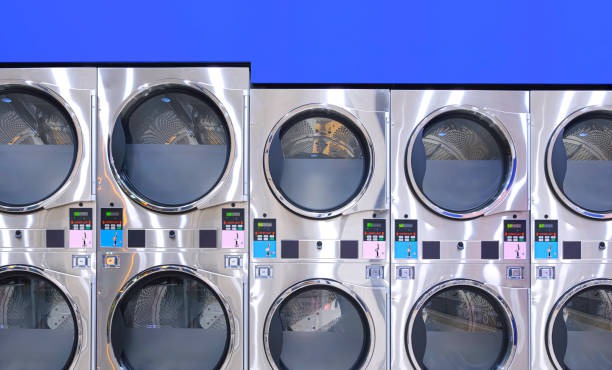The Benefits of Metal-Free Dentistry as a Holistic Approach
Composite metal forms or inserts are no longer utilized in holistic dentistry to fix cavities or crown a tooth, a significant departure from decades ago. When exposed to hot or cold conditions, metal fillings contract or expand, damaging the tooth’s natural structure and necessitating costly treatments and gum disease.
The affected teeth may now be immediately fitted with metal-free veneers, crowns, or implants, making them a healthier alternative for your mouth.
History of Metal Dentistry
Several decades ago, dentists lacked the expertise and tools to produce tooth-colored (composite resin) dental restorations. Patients frequently had to live with metal in their mouths if a tooth was chipped or a cavity needed to be filled. However, metal may have appeared like a good option, but holistic dentists now know that superior materials are available.
An example is composite resin, used by cosmetic dentists so that patients can benefit from restorations that match the color of their natural tooth enamel.
Adverse Effects of Metal Dentistry
Did you know that metal filling will contract or expand in response to heat or cold? In other words, your metal filling slowly expands and shrinks each time you sip hot coffee. The natural structure of your teeth might become more vulnerable to injury due to this movement over time.
The germs in your mouth have an opening when the metal in your dental crown or filling shifts, which allows them to invade the weak tooth. This is frequently the case because individuals with metal fillings or other dental restorations are more likely to develop gum disease, abscessed gums, and root canals.
Metal Allergy and Dentistry
Once it has appeared, a metal allergy cannot be treated. The dentist must explain to you the various dental procedures requiring metal. It is also critical to understand the warning signs and symptoms of metal allergy and the remedies available for easing the discomfort and injury that can result from it. Check out the Holistic Dental Center periodontal services page for better alternatives.
Symptoms of Metal Allergy
A metal allergy in the mouth can result in the following:
- Gum bleeding
- Periodontitis
- Inflammation
- Abscess
If you experience these, you may need expensive, prolonged, and even painful dental procedures.
Metal-Free Dentistry Applications
Crowns
Metal-free crowns are a terrific solution to repair or cover a tooth that has been damaged or is missing for many people. These crowns will also help safeguard the oral health of the patient as a whole. A dental crown can shield the portion of a patient’s natural tooth that is still present after a root canal or damaged tooth.
Bridges
A bridge is a fixed dental restoration that permanently replaces one or more missing teeth by joining an artificial tooth to adjacent teeth or dental implants.
A metal-free bridge is another appealing alternative for patients who require bridges and are considering metal-free dental implants rather than dentures. Instead of a titanium screw for every lost tooth, a patient can get a bridge composed of four metal-free crowns. In most situations, only two implants are required to attach this.
Implants
One of the widely used materials in metal-free dentistry is zirconia, a white or tooth-colored and biocompatible material. Zirconia is a durable substance used to create metal-free or ceramic dental implants. Like the more popular option, titanium, zirconia will blend perfectly with the jawbone.
Zirconia is initially metal but is transformed into a ceramic material through a particular process, making it metal-free. Ceramic dental implants may be a better option if you have metal allergies or know you are sensitive to some metals. Because the ceramic post is tooth-colored, ceramic dental implants are occasionally preferred cosmetically. To learn more about zirconia, visit pages like https://holisticdentalcenternj.com/zirconia-dental-implants/.
The Benefits of Metal-Free Dentistry
- Durability: Composite fillings, even on molars, are more durable than metal and won’t shrink despite temperature changes. This indicates that tooth-colored fillings outlast metal fillings in terms of durability.
- Restoration: Composite fillings, which often consist of glass, quartz, and resin, restore teeth as close to the original tensile strength of the tooth as is physically possible.
- Cost: Because less biocompatible resin is required to fill a tooth than metal, these new veneers and crowns are less expensive.
Conclusion
Using the most biocompatible materials for you is a top priority for holistic dentistry. Regardless of a dental material’s other qualities, you should only put it in your mouth if it functions well with your body’s processes. Holistic dentistry is committed to using as few metals as possible due to multiple patients reporting adverse reactions to metals used in dentistry.
Work with a dentist who gives alternatives to questionable materials and looks for biocompatible fixes. Dental materials testing may be done if you have an allergy or another condition.



